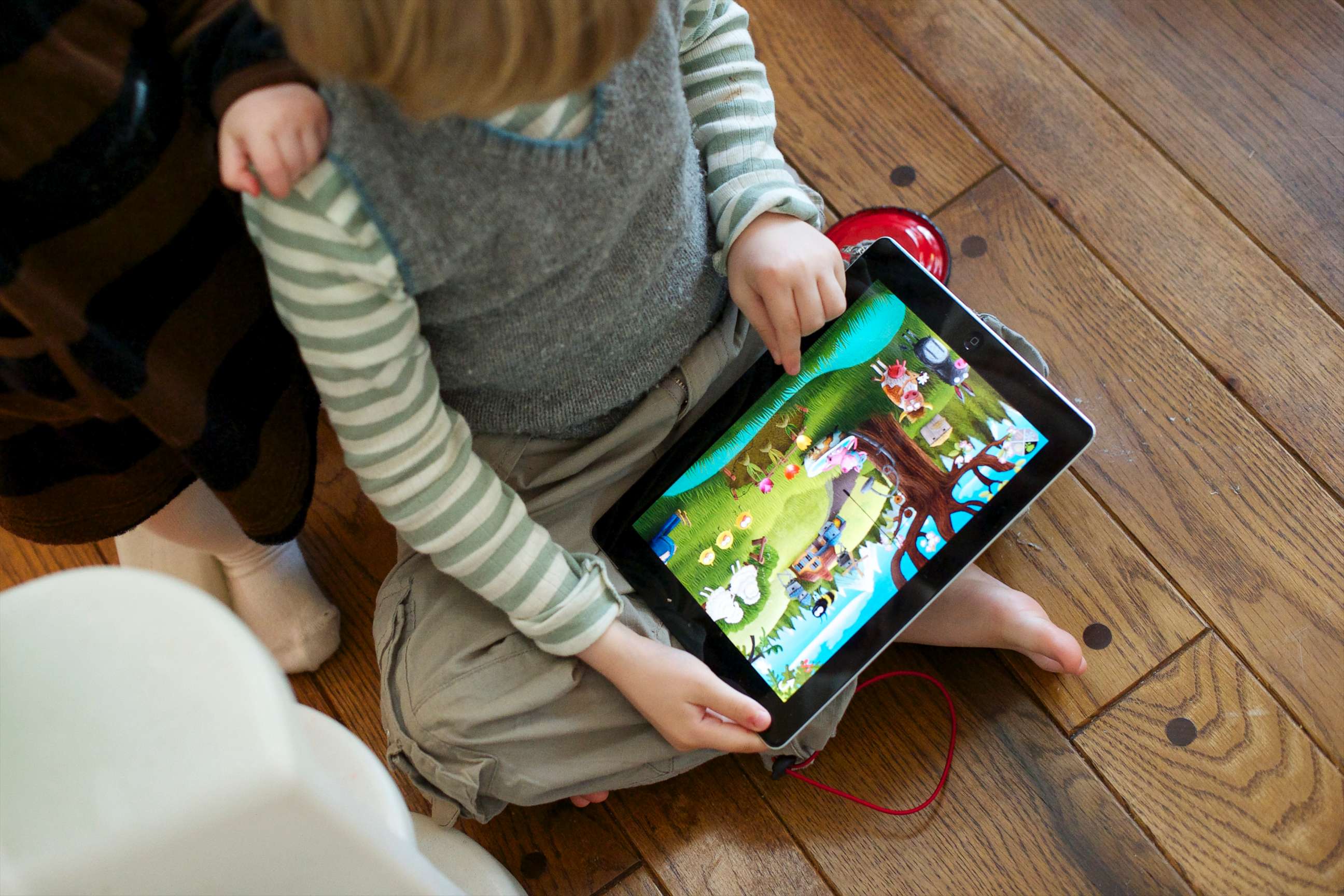Apple says it has 'always looked out for kids' after criticism
Two big investors sent a letter to the tech company on Monday.
— -- Apple has responded to two Apple investors, JANA Partners and the California State Teachers’ Retirement System (CalSTRS), who wrote a open letter to the tech giant, urging it to offer parents more tools to fight against the negative effects of heavy cellphone usage.
"We think deeply about how our products are used and the impact they have on users and the people around them. We take this responsibility very seriously and we are committed to meeting and exceeding our customers’ expectations, especially when it comes to protecting kids," Apple said in a statement. "Apple has always looked out for kids."
In the letter, the groups ask Apple to establish an expert committee made up of childhood development specialists, hire an executive to monitor the situation, share information with researchers and provide resources for parents to protect children from the negative effects of digital technology.
JANA Partners is an investment firm based out of New York City, and CalSTRS is the largest educator-only pension fund in the world. Together they say they own approximately $2 billion worth of Apple shares.

“We have reviewed the evidence and we believe there is a clear need for Apple to offer parents more choices and tools to help them ensure that young consumers are using your products in an optimal manner,” the letter said.
Erin McNeill, president of Media Literacy Now, said the letter "contains good suggestions" but parents need to address the negative effects of media use by children.
"This is an all-hands-on-deck issue," McNeill added. "This affects all of us. ... Communications and tech companies do need to step up and take responsibility."
Apple said parental controls are already built into its operating system. "Effectively anything a child could download or access online can be easily blocked or restricted by a parent," the company said.
It also claimed it has a long history of curating and labeling content for parents and children.
The investor letter cited studies that found an increased risk of depression and suicide, sleep deprivation and a lack of ability to focus in the classroom because of electronic devices.

If Apple chooses to step up and "take part in the solution to the very big questions," said McNeill, it could be a turning point.
According to David Monahan, a campaign manager with the Campaign for a Commercial-Free Childhood, a nonprofit that advocates for children's protection from marketing, "These are vital issues in children's welfare that should be thought of now and not be an afterthought. If a parent decides they want the child to have a smartphone, but they don’t want the breadth of the internet for their child, we agree that Apple should take these steps [requested in the letter]."
If Apple added the requested measures, it could be good for its bottom line, the letter noted.
"Money talks," said Jim Steyer, CEO and founder of Common Sense Media. "This is the first time shareholders are speaking up about smartphone addiction."
And Apple isn't alone.
"Software manufacturers and social media platforms are even more squarely in the media crosshairs," said Steyer. "The tech industry needs to respond."




